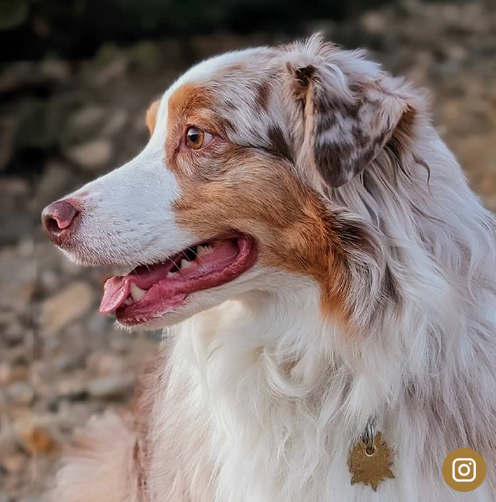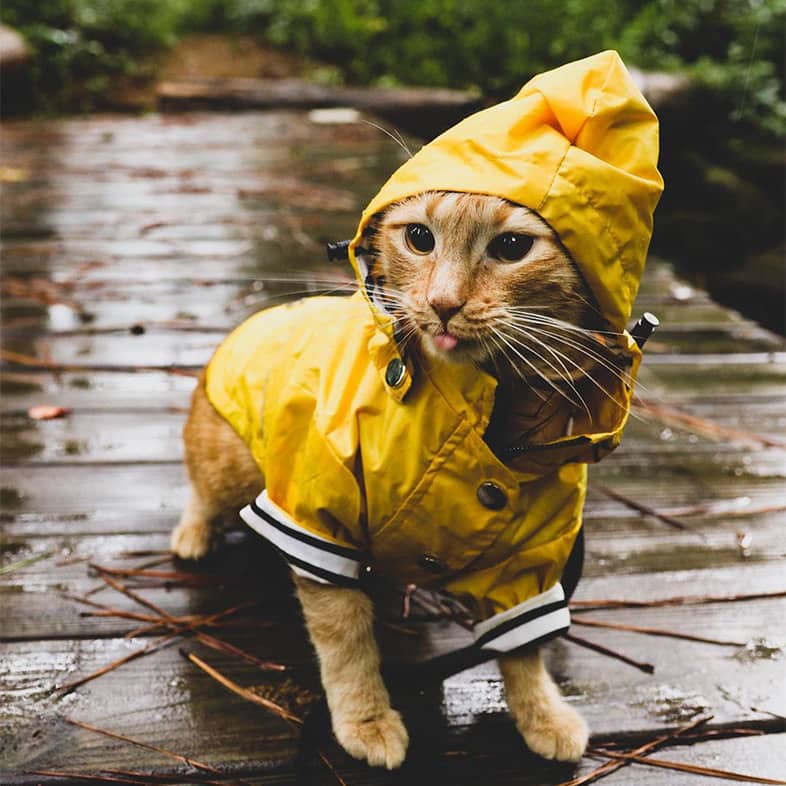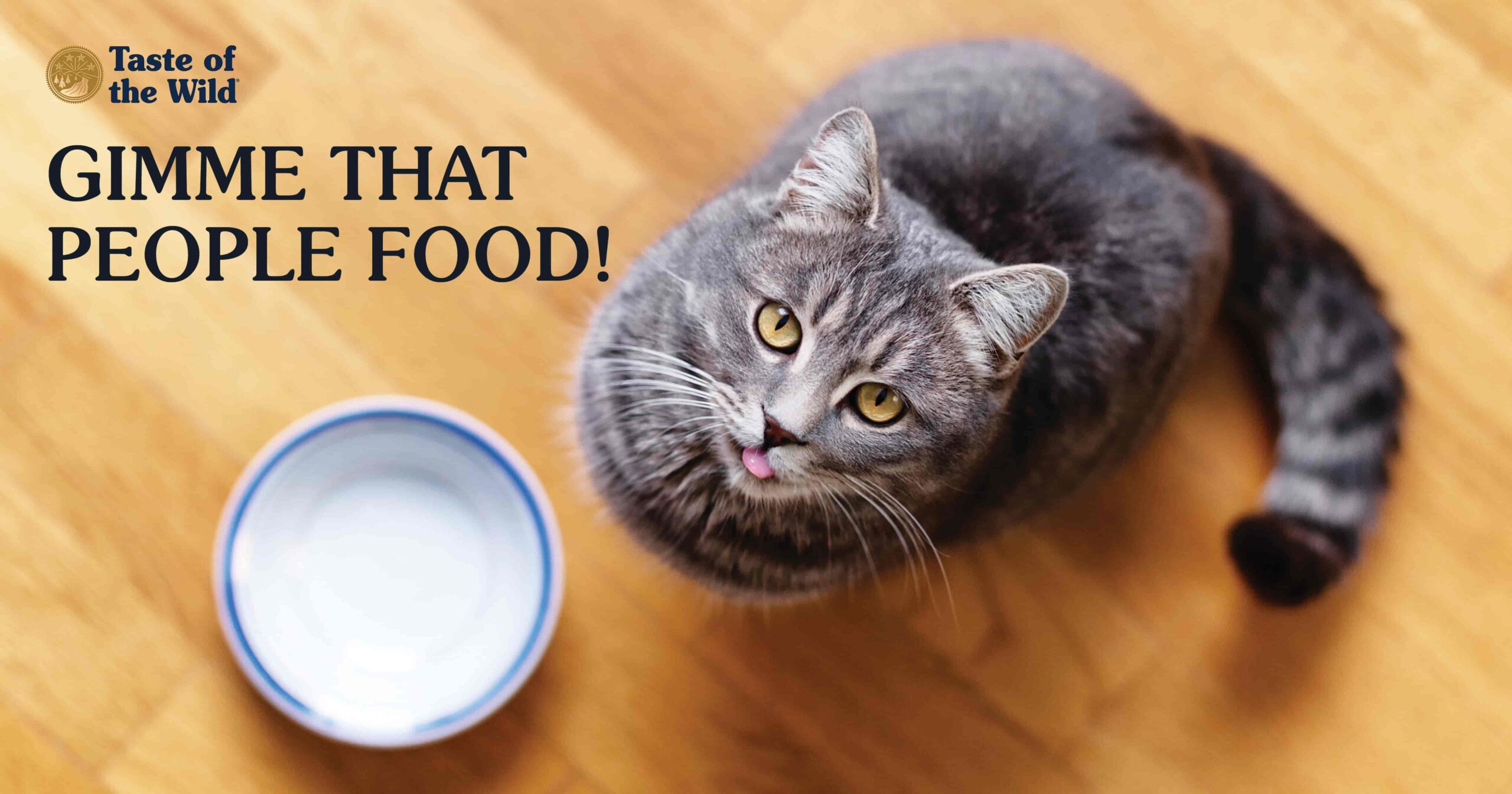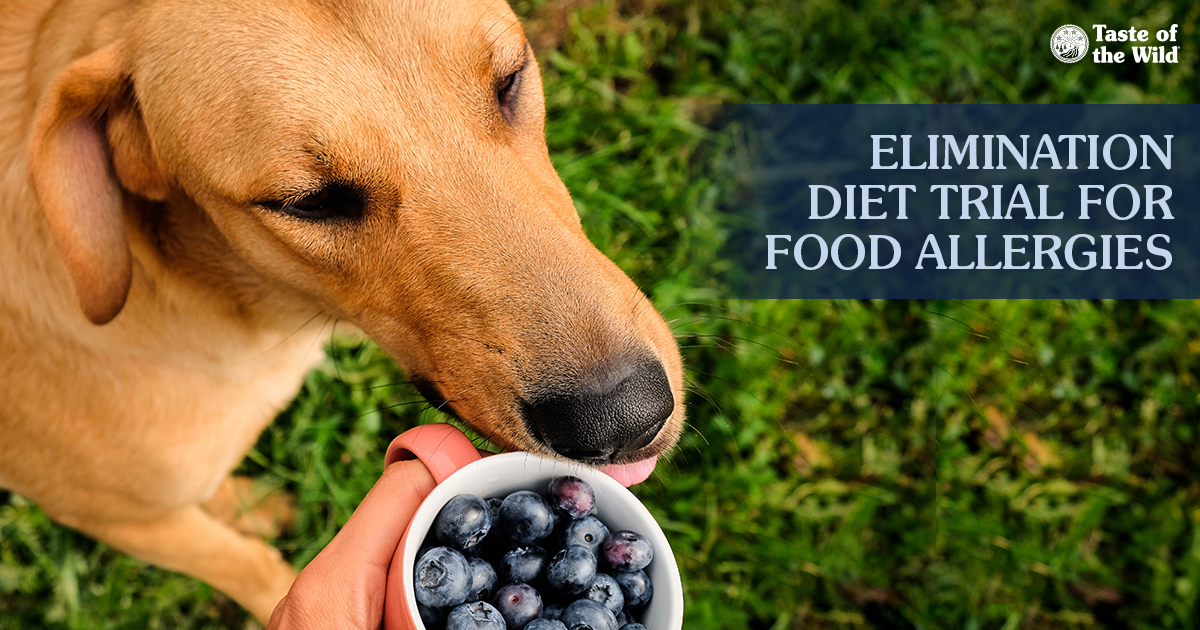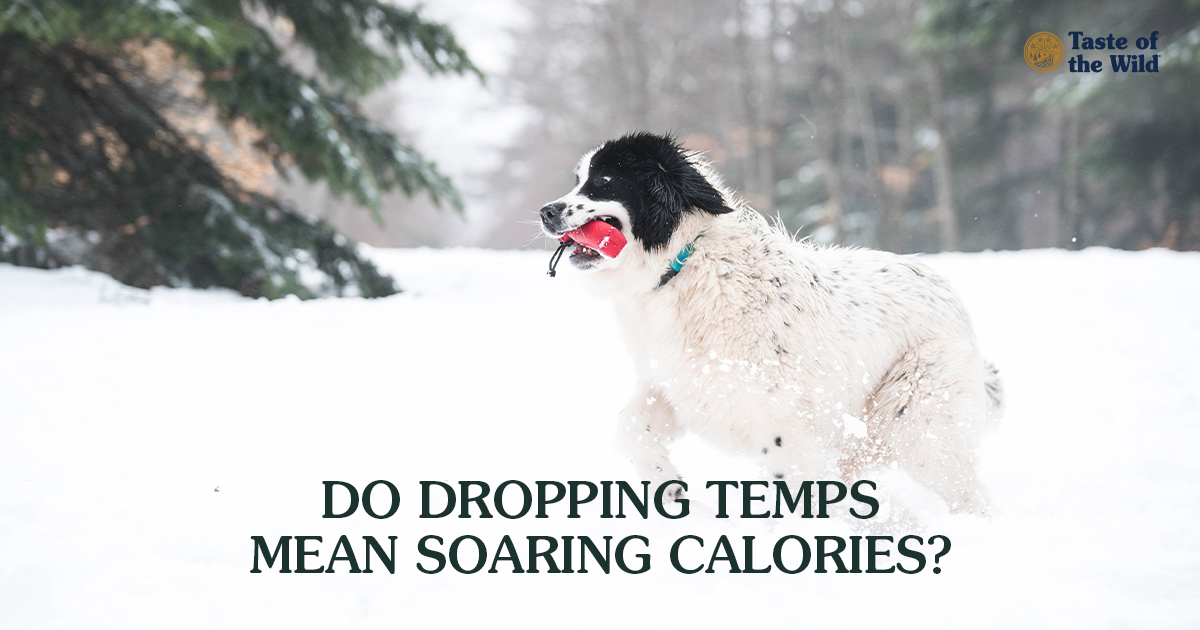Finicky Cats: Appeasing the Fussy Feline Palate
Thursday, July 25, 2019 | Nutrition
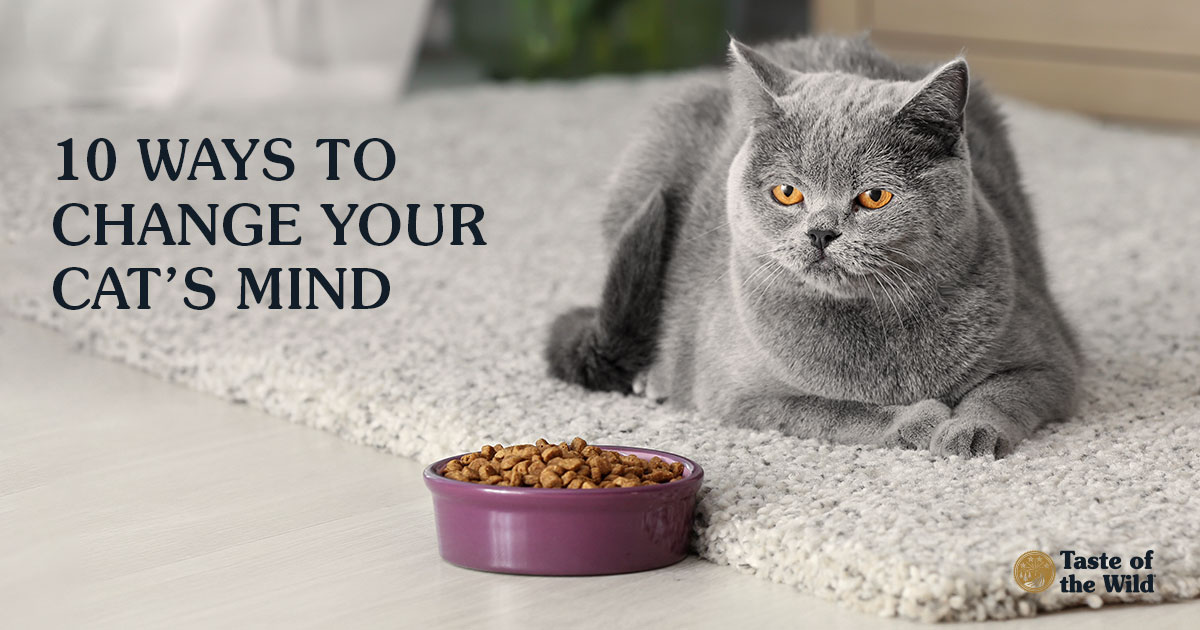
Is your cat hard to please at the food bowl? Does your feline sniff at food with disinterest, then turn his or her nose in the air and walk away? Do you grovel every night, offering up various delicacies in hopes of finally pleasing your cat’s discriminating taste buds?
You, my friend, have a finicky cat.
How long can the hunger strike last?
Cats generally can’t go too long without eating. After a few days of a hunger strike, cats can develop hepatic lipidosis, also known as fatty liver disease. This serious condition can make them even less interested in food, leading to liver dysfunction, a yellowing of the eyes, skin and tissues in the mouth, and even death.
If your cat hasn’t eaten in over 24 hours, contact your veterinarian for advice. Other medical issues such as dental or kidney disease may cause your cat to avoid the food bowl. Sometimes, treating the underlying medical disease can help your cat’s appetite return to normal. Depending on your cat’s condition, your veterinarian may recommend medications that either prevent pain, reduce nausea or stimulate the appetite to help get your cat eating again.
Choice is good. Or is it?
In some cases, the problem may be that you’re offering your cat too much of a smorgasbord: from different flavors to different types of food (dry, canned, semi-moist) or even different textures. Some cats simply become overwhelmed. The answer may be to find one food your cat likes and stick with it.
But there can be a multitude of other reasons why your cat isn’t eating, many of which may have nothing to do with the food itself.
Some tips to help your cat
If your cat doesn’t have an underlying medical problem, consider trying one of the following:
- Location, location, location: Some cats won’t eat if the food dish is in a high-traffic or noisy area, near the litter box or in an area frequented by other pets. Move the dish to a quiet area where your cat can eat in peace.
- Make the food more appealing: Pour low-sodium chicken or vegetable broth or tuna juice (from tuna packed in water, not oil) over the food.
- Warm the meal: Canned food kept in the fridge may be too cold for some cats. For older cats that may have lost their sense of smell, warming the food slightly can enhance the aroma. (Be sure that the food isn’t too hot so it won’t burn your cat’s mouth.)
- Chill the food: Nauseous cats may not like the smell of food; chilling it may reduce the smell.
- Clean the bowl: Many cats don’t like to eat from dirty bowls with crusted-on food. Cleaning the bowl after every meal can also help reduce unwanted bacteria in the bowl.
- Swap a plate for the bowl: If the sides of your cat’s bowl interfere with his or her whiskers, try something wider and shallower.
- Change the kind of food. If your cat has been eating dry kibble, try canned food. Any abrupt change in diet can cause tummy upset, so be sure to transition to the new food over 5 to 7 days. Each day, gradually mix in more of the new diet and less of the former.
- Feed smaller, more frequent meals. This is especially important if your cat eats a canned food. Smaller meals prevent leftover food from drying out and sticking to the bowl and reduce the amount of food you have to throw out.
- Praise your cat for eating. Some cats respond well to petting and crooning, while others may prefer to eat in quiet. See which one works for your cat.
- Avoid home-cooked meals. It’s difficult to create a home-cooked meal that meets the nutritional requirements for cats. If you choose to go this route, work with a veterinary nutritionist or use the Balance IT website for assistance.
If your cat is gagging or appears nauseated, avoid force-feeding your feline, because that may result in a food aversion. Often, cats may continue to refuse food after the nausea has passed because they associate the food with a negative experience. In extreme cases, your veterinarian may recommend a feeding tube so your cat still receives proper nutrition without the stress.
By working with your veterinarian, you can help make sure your cat receives the nutrition he or she needs, treat underlying medical problems that may be hindering the appetite, and hopefully, help your cat fall in love with the food bowl all over again.
The information in this blog has been developed with our veterinarian and is designed to help educate pet parents. If you have questions or concerns about your pet’s health or nutrition, please talk with your veterinarian.
